|
| NEWS |
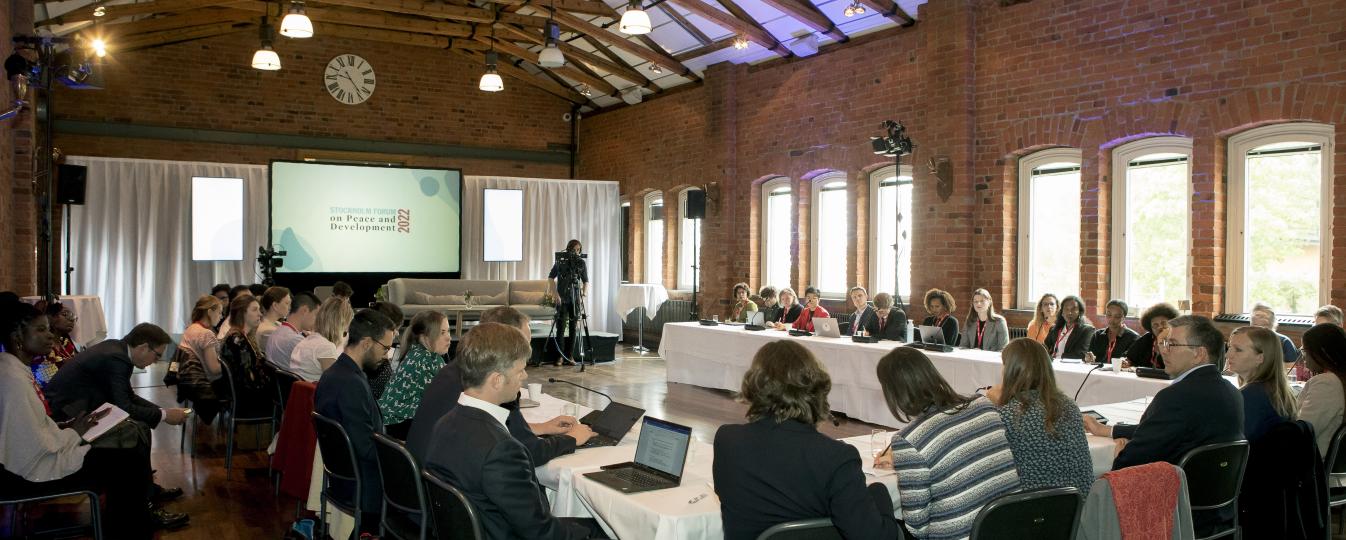 |
| 2024 Stockholm Forum on Peace and Development |
|
SIPRI is pleased to announce that the 2024 Stockholm Forum on Peace and Development will take place on 6–8 May 2024. It focuses on the theme, ‘On the Edge: Navigating a Changing World’. The event aims to address the uncertainties in global diplomacy, the growing mistrust between the Global North and South, and the emergence of new alliances. The Forum will explore ways to strengthen international arrangements for peace and security, emphasizing multilateral efforts like the Summit of the Future. The Forum will feature diverse sessions, including policy debates, roundtables, workshops, and fireside chats, fostering collaboration among policymakers, development and humanitarian actors, peace entrepreneurs, researchers, security experts and civil society organizations.
|
|
|
Read more
|
|
|
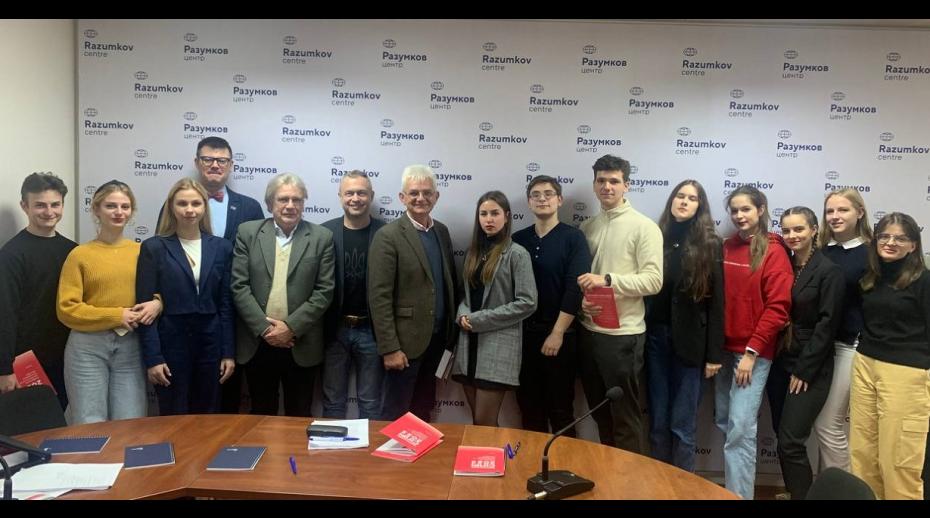 |
| Ukrainian edition of SIPRI Yearbook 2022 launched at a virtual event |
|
On 16 November, SIPRI’s translation partner the Razumkov Centre (Ukrainian Centre for Economic and Political Studies) launched the Ukrainian language translation of SIPRI Yearbook 2022 at an online event. SIPRI Yearbook 2022 is the 52nd edition of the SIPRI Yearbook and the 23rd edition of the Yearbook in Ukrainian. This translation was made possible by the long-time cooperation between SIPRI and the Razumkov Centre, and the financial support of the Swiss Federal Department of Defence, Civil Protection and Sport. The book is available for free in PDF format on both SIPRI’s and the Razumkov Centre’s websites.
|
|
|
Read more | Download the PDF | Watch the online event
|
|
|
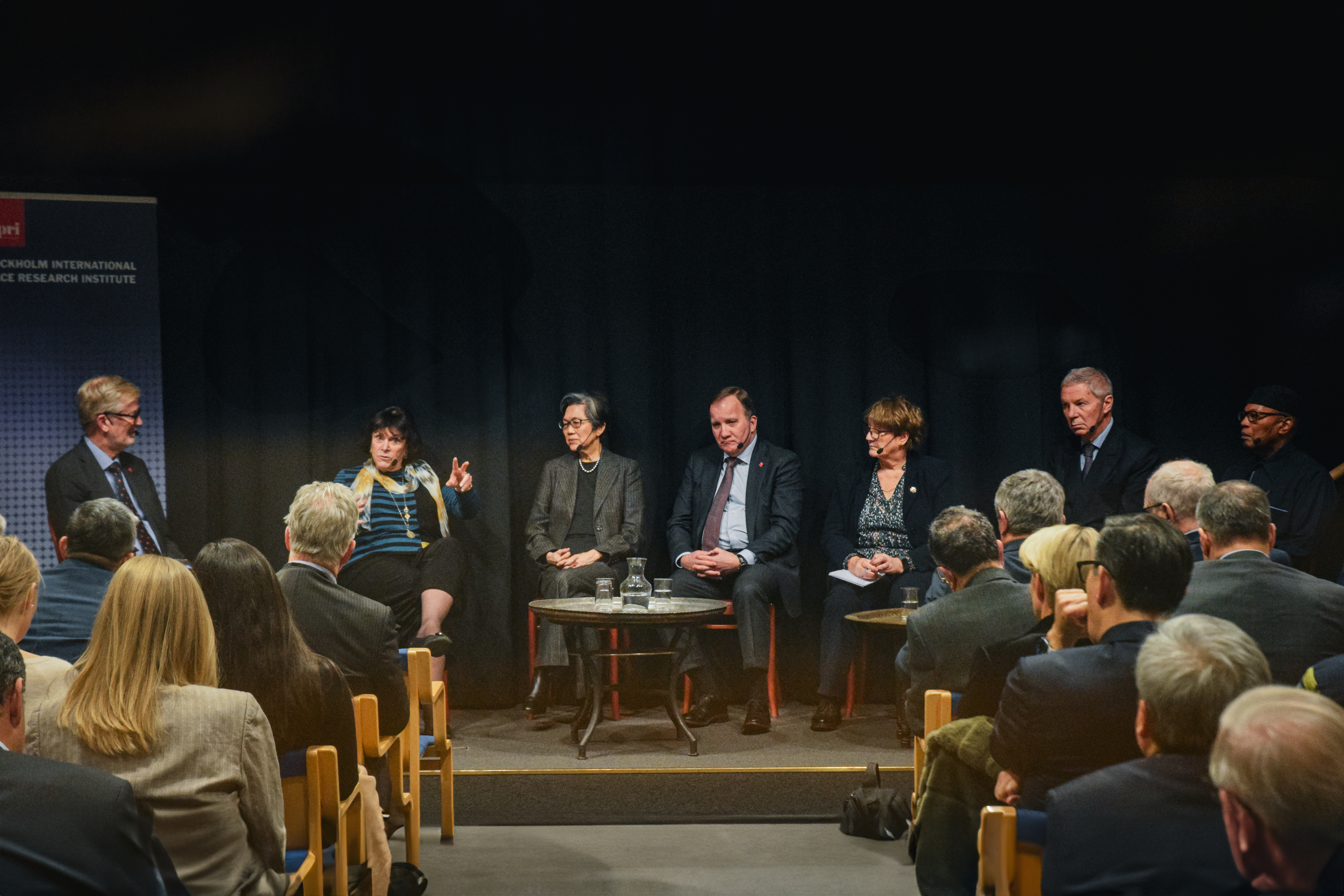 |
| Geopolitics: A Changing World Order? Views from Africa, Asia, Europe and the USA |
|
On the occasion of the November meeting of the SIPRI Governing Board, the institute hosted an event on ‘Geopolitics: A Changing World Order? Views from Africa, Asia, Europe and the USA’. The meeting convened the minds of SIPRI’s international Governing Board to discuss world events with a focus on Israel, Palestine and the Gaza war. It concluded with open questions taken from audience members.
|
|
|
Read more | Watch the livestream of the event
|
|
|
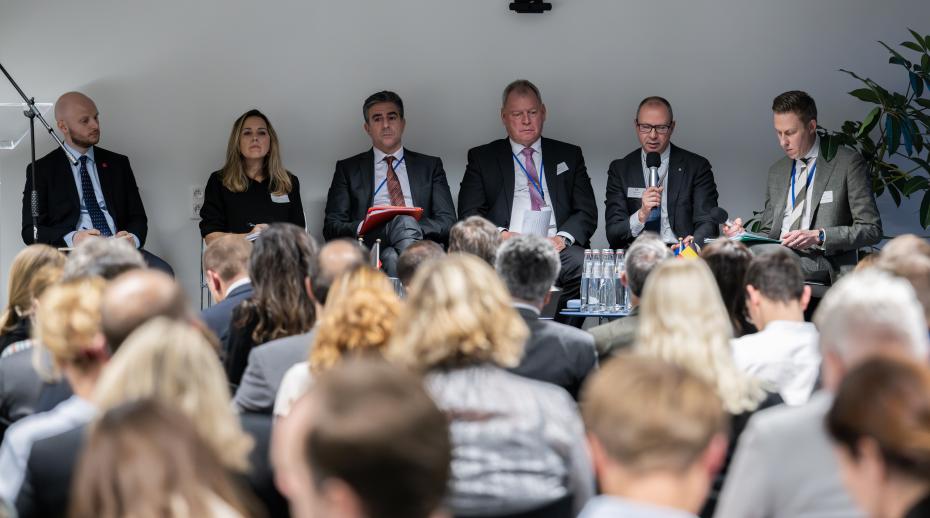 |
| SIPRI launches new EU Civilian CSDP Compact report in Brussels |
|
On 15 November, SIPRI held an event in Brussels to launch the report ‘New Compact, Renewed Impetus: Enhancing the EU’s Ability to Act Through its Civilian CSDP’. In May 2023, European Union (EU) member states adopted a new compact to strengthen the civilian Common Security and Defence Policy (CSDP). Timo Smit, SIPRI Senior Researcher, presented the research on the eve of the Annual Review Conference of the Civilian CSDP Compact—the first such conference for the new compact—which was held in Brussels on 16 November. The presentation was followed by reflections from a panel of experts.
|
|
|
Read more | Read the report
|
|
|
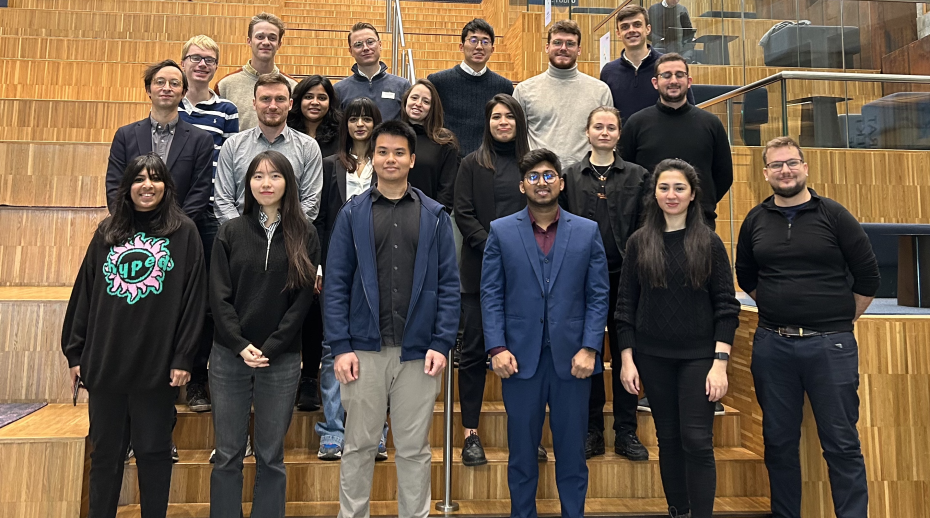 |
| SIPRI and UNODA engage with next generation of AI practitioners |
|
On 16–17 November, SIPRI and the United Nations Office for Disarmament Affairs organized a two-day capacity-building workshop on ‘Responsible AI for Peace and Security’ for a select group of STEM students. The workshop, the first in a series of four, aimed to provide up-and-coming artificial intelligence practitioners the opportunity to learn how to address the risks that civilian AI research and innovation may generate for international peace and security.
|
|
|
Read more
|
|
|
|
| COMMENTARY |
 |
| Climate finance and geopolitics: The China–US factor |
|
This SIPRI Essay contends that the interplay between global cooperation and great power competition—exemplified in China–US relations—shapes climate action. While both nations have pledged to increase climate finance, their actions are hampered by geopolitical rivalries. The piece explores both barriers and ways forward for China–US cooperation on climate policy and financing.
|
|
Read the SIPRI Essay
|
|
|
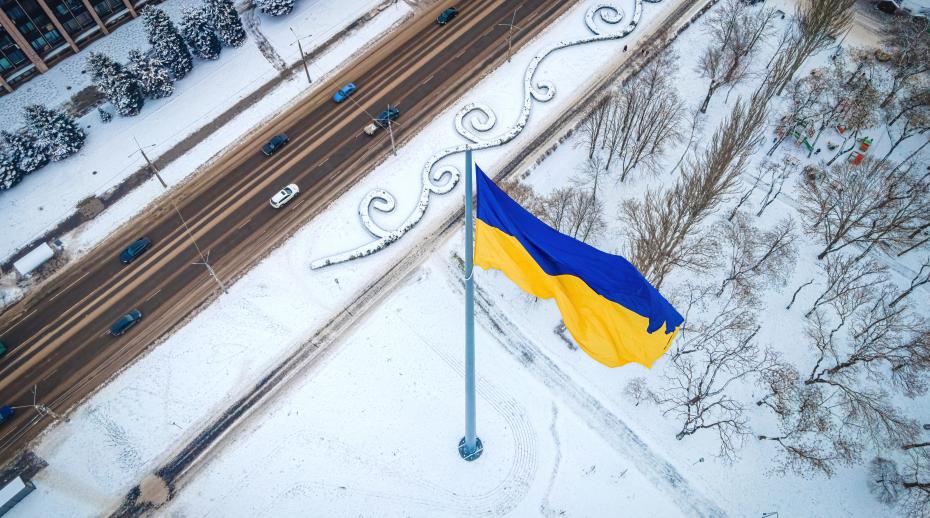 |
| Is liberal peacebuilding a good fit for Ukraine? |
|
This WritePeace blog explores the liberal peacebuilding model in post-cold war peace efforts, reflecting on its application in Ukraine and the Western Balkans. It discusses effectiveness, challenges and geopolitical implications. Lessons from the Western Balkans reveal a mixed outcome despite reduced conflict. The region faces challenges like ethnic tensions and slow EU integration. The text urges considering these lessons for Ukraine’s post-war reconstruction, emphasizing the importance of balancing short-term stability with long-term peacebuilding efforts.
|
|
Read the SIPRI WritePeace Blog
|
|
|
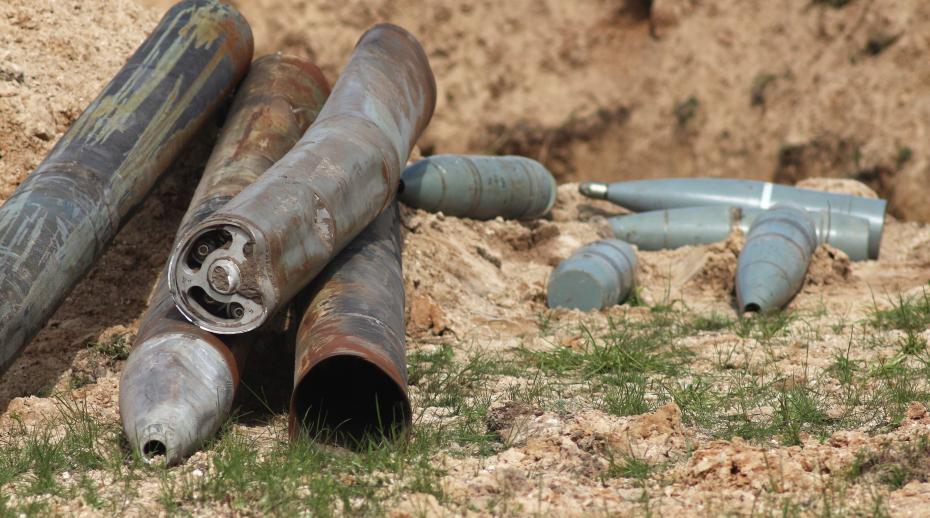 |
| War in the breadbasket: Landmines and food security in Ukraine |
|
This WritePeace blog explores the aftermath of Russia’s withdrawal from the Black Sea grain deal in July 2023, predicting severe consequences for Ukraine’s agriculture, economy and global food security. The reduction in grain exports—combined with the ongoing conflict—is anticipated to raise worldwide food prices and impede humanitarian responses. The blog underscores the global rise in food insecurity due to violent conflicts, emphasizing the disruptive role of landmines and ERW in the food supply chain. Despite challenges, international initiatives aim to support demining for agricultural recovery, food security and economic revival in Ukraine.
|
|
Read the SIPRI WritePeace Blog
|
|
|
 |
| Is it time to reassess national security spending? |
|
This blog discusses the evolving concept of security, emphasizing a shift toward a holistic understanding that includes military, ecological and human security. It highlights recent UN calls that urge states to adopt comprehensive approaches to sustainable peace and security. The UN Institute for Disarmament Research and SIPRI propose a three-step approach to oversee security spending, aligning expenditures with national security priorities. They plan to develop a toolkit for enhanced oversight and accountability, recognizing the political nature of defining priorities and addressing them over time. The initiative aims to stimulate debate in the context of the rapidly changing security landscape.
|
|
Read the SIPRI WritePeace Blog
|
|
|
|
|
|
 |
| External outlets |
|
SIPRI experts were recently featured in the following external outlets:
-
‘Climate Change and Violent Conflict in the Middle East and North Africa’, by Kyungmee Kim and Tània Ferré Garcia, published in International Studies Review, vol. 25, no. 4, on 15 November.
-
‘Chinese thinking on AI integration and interaction with nuclear command and control, force structure, and decision-making’, by Fei Su and Jingdong Yuan, published by the European Leadership Network on 13 November.
-
‘Whitlam’s engagement policy lives on, but times have changed’, by Jingdong Yuan, published by Asialink on 5 October.
-
‘Sweden’s Perception of the EU Defence Industrial “Toolbox”’, by Lorenzo Scarazzato, published by the Armament Industry European Research Group in November.
|
|
|
|
| UPCOMING EVENTS |
| |
| 6–8 May 2024 |
| 2024 Stockholm Forum on Peace and Development |
|
The 2024 Stockholm Forum on Peace and Development will be held on 6–8 May on the theme ‘On the Edge: Navigating a Changing World’.
|
|
Read more
|
|
| RECENT EVENTS |
| |
| 30 October–3 November 2023 |
| SIPRI at Geneva Peace Week |
|
SIPRI participated in two workshops at the 10th edition of Geneva Peace Week. The event is an annual forum where organizations in Geneva come together to share knowledge and practice on topics related to peace. Anniek Barnhoorn, SIPRI Research Assistant, spoke at the workshop ‘Fostering Collaborative Solutions at the Nexus of Climate, Environment and Peace’.
|
|
Read more
|
|
| |
| 20 October 2023 |
| SIPRI co-hosts side event at UN First Committee |
|
SIPRI, together with the Dutch Ministry of Foreign Affairs, organized a side event at the 78th session of the First Committee of the UN General Assembly in New York. The event brought together researchers and experts from SIPRI and the UN Office for Disarmament Affairs, as well as representatives from Finland and the Netherlands.
|
|
Read more
|
|
|
|
| PUBLICATIONS |
 |
| Climate, Peace and Security Fact Sheet: Democratic Republic of the Congo (2023) |
|
The Democratic Republic of the Congo is faced with a confluence of climate change, environmental degradation, resource exploitation and conflict dynamics that is exacerbating insecurity in the country. This Climate, Peace and Security Fact Sheet examines these crises and offers a range of recommended actions for the international community to address them effectively.
|
|
Read the report
|
|
|
 |
| New Compact, Renewed Impetus: Enhancing the EU’s Ability to Act Through its Civilian CSDP |
|
In May 2023, EU member states adopted a new compact to further strengthen the EU’s civilian CSDP. This SIPRI Research Policy Paper evaluates the outcomes of the previous EU compact in terms of member states’ commitments to civilian CSDP, seconded personnel and women’s representation in missions. It then assesses how these commitments are renewed in the new compact, identifying refinements. The paper integrates previous SIPRI research and database findings, offering a comprehensive assessment of the EU compact’s evolution and implications. Its recommendations serve as a guide for enhancing future commitments and contributions to peace missions.
|
|
Read the SIPRI Research Policy Paper
|
|
|
 |
| Environmental Politics in Gulf Cooperation Council States: Strengthening the Role of Civil Society |
|
This SIPRI Research Policy Paper explores the role of civil society in environmental politics in Gulf Cooperation Council (GCC) states. In recent years, the Gulf region has seen a shift in official discourses and policies towards sustainability and the energy transition. This has opened up new opportunities for civil society actors to engage with policymakers and the public on issues such as climate change and environmental preservation. Drawing on interviews with environmental activists from all the GCC states, the paper highlights the challenges facing civil society actors and the opportunities available to them and discusses prospects for further regional civil society cooperation.
|
|
Read the SIPRI Research Policy Paper
|
|
|
 |
| Mapping Cyber-related Missile and Satellite Incidents and Confidence-building Measures |
|
Cyber incidents affecting satellite and missile systems, whether caused by error or intent, extend beyond the Ukraine conflict. These disruptions pose risks to civilian and military operations, potentially triggering conventional or nuclear responses. Recognizing the centrality of this infrastructure, previous confidence-building measures (CBMs) inspired by cyber incidents offer insights. Building on SIPRI’s research, this paper maps such incidents and CBMs, offering takeaways to enhance predictability and stability in cyberspace.
|
|
Read the SIPRI Insights on Peace and Security
|
|
|
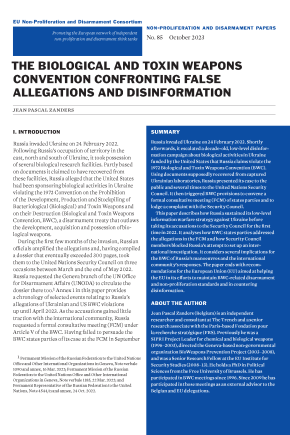 |
| The Biological and Toxin Weapons Convention Confronting False Allegations and Disinformation |
|
Shortly after the Russian invasion of Ukraine in 2022, Russia escalated a disinformation campaign that claims Ukraine has violated the 1972 Biological and Toxin Weapons Convention (BWC). This paper describes how Russia sustained its information warfare strategy against Ukraine before taking its accusations to the UN Security Council. The paper analyses how BWC states parties addressed the allegations and considers several implications for the BWC. The paper ends with recommendations for the EU aimed at helping the EU in its efforts to maintain BWC-related disarmament and non-proliferation standards and in countering disinformation.
|
|
Read the report
|
|
|
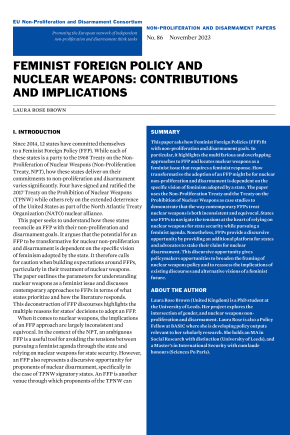 |
| Feminist Foreign Policy and Nuclear Weapons: Contributions and Implications |
|
This paper asks how Feminist Foreign Policies (FFP) fit with non-proliferation and disarmament goals. In particular, it highlights the multifarious and overlapping approaches to FFP and locates nuclear weapons as a feminist issue that requires a feminist response. How transformative the adoption of an FFP might be for nuclear non-proliferation and disarmament is dependent on the specific vision of feminism adopted by a state.
|
|
Read the report
|
|
|
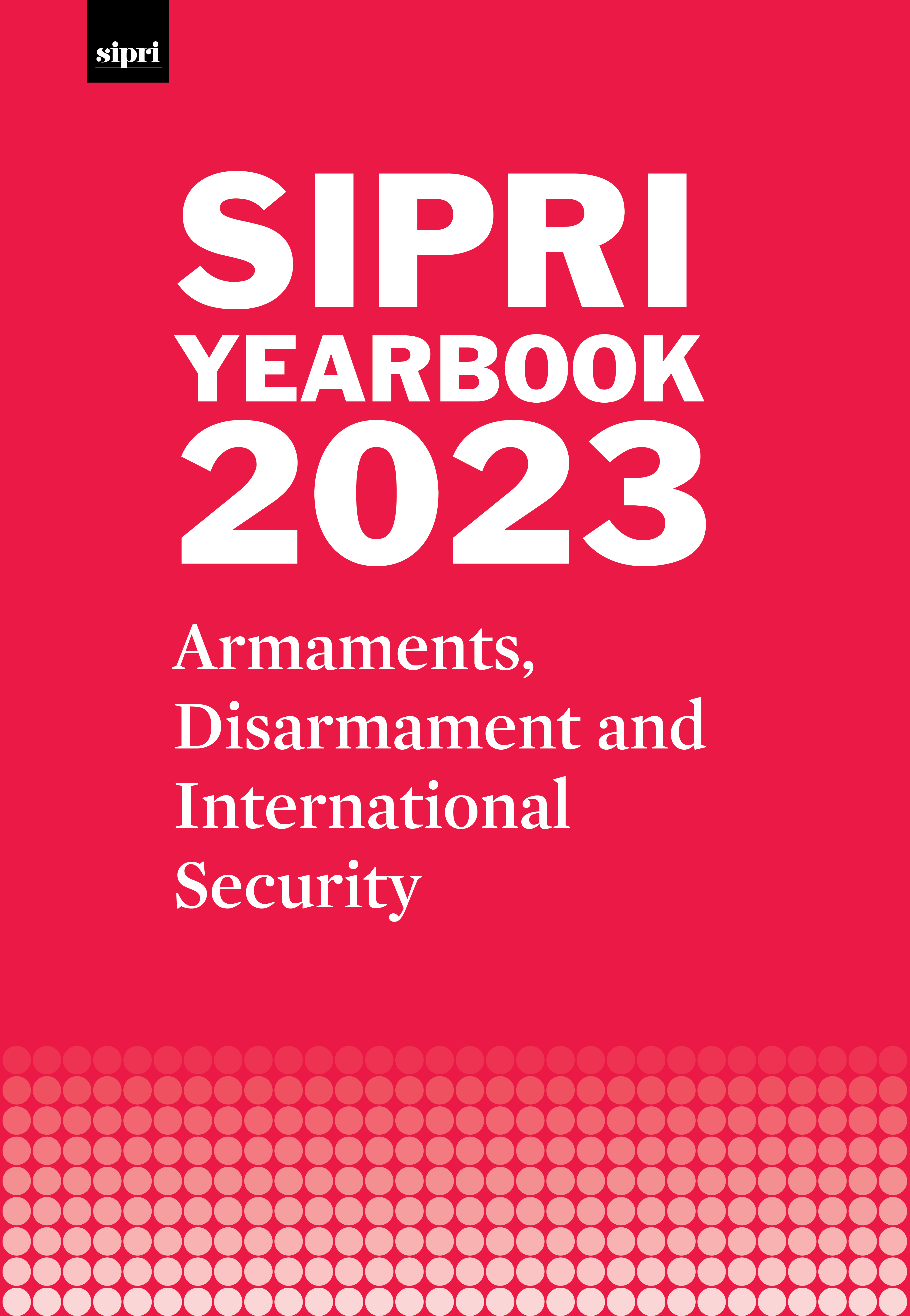 |
| SIPRI Yearbook 2023 |
SIPRI Yearbook 2023 presents a combination of original data in areas such as world military expenditure, international arms transfers, arms production, nuclear forces, armed conflicts and multilateral peace operations with state-of-the-art analysis of important aspects of arms control, peace and international security. In addition to its detailed coverage of nuclear arms control and non-proliferation issues, the latest edition of the SIPRI Yearbook includes
- insight on developments in conventional arms control in 2022;
- regional overviews of armed conflicts and conflict management;
- in-depth data and discussion on military expenditure, international arms transfers and arms production; and
- comprehensive coverage of efforts to counter chemical and biological security threats.
|
|
Browse the contents page | Download the summary (PDF) | Download the sample chapter on world nuclear forces (PDF) | Order SIPRI Yearbook 2023
|
|
|
| |
|
|
|